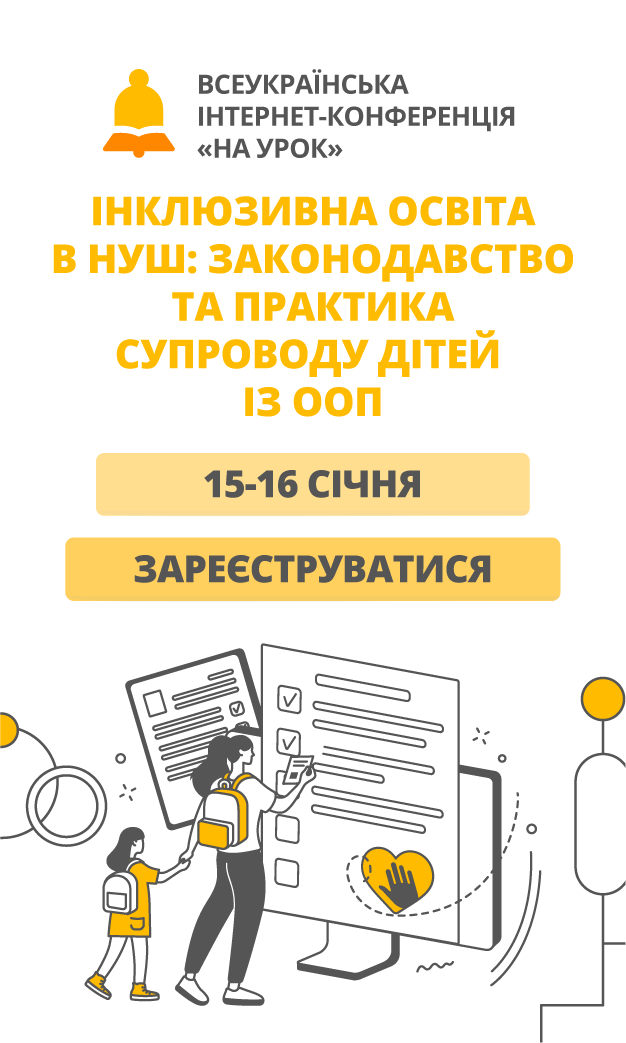Урок англійської мови у 4 класі "Sports. Adverbs" за НМК Family and Friends 4 (Oxford Univ.Press)
План-конспект уроку англійської мови в 4 класі за НМК Family and Friends 4 (Oxford Univ.Press)
Тема: Спортивний одяг та спортивне знаряддя. Прислівники.
Цілі: формувати в учнів уявлення про прислівники та спосіб їх утворення, вміння бачити зв'язку між поняттями дії та способу її виконання; вчити учнів виконання завдання за зразком; вчити переносу знань в нову ситуацію; формувати в учнів світоглядну ідею корисності занять спортом; розвивати якості розуму (кмітливість, гнучкість, критичність, самостійність), пізнавальні уміння (вміння поставити і відповісти на запитання, робити висновки, застосовувати знання в знайомій і невідомої ситуаціях); розвивати уміння вчитися (писати і читати).
Очікувані результати: на кінець уроку очікується, що учні будуть називати спортивний одяг, спортивні знаряддя та називати, чиї вони, описувати дії, зображені на малюнках, в усній та писемній формі із вживанням прислівників, ставити запитання та відповідати на них.
Обладнання: НМК Family and Friends 4 (Oxford Univ.Press), аудіозапис пісні, роздатковий матеріал із додатковими граматичними завданнями, електронна презентація, інтерактивна дошка.
Хід уроку
- Warmer.
Командне змагання: Sports and Sports objects gameshow quiz (актуалізація тематичної лексики). Вибрати правильну відповідь з 4 запропонованих.
- A group of people who play a sport together is a ... (team)
- Someone playing a sport is a...(player)
- If your team gets 2 points in a game and the other team gets one point, your team...(wins)
- A prize for winning is a ...(trophy)
- To move a ball with your foot. (kick)
- When the ball goes into the net, you ...(score a goal)
- You hold it in your hands when you play tennis. (racket)
- A bag that you wear on your back. (rucksack)
- You wear this over your T-shirt when it gets colder. (jacket)
- You wear these on your feet when you go running. (trainers)
- Lead-in (повторення вживання присвійних займенників).
Revise the possessive pronouns. Then children individually complete the task on the cards.
Choose the correct sentence.
1 A That's my water bottle. B That's mine water bottle.
2 A Is this yours? B Is this your?
3 A There are ours DVDs. B There are our DVDs.
4 AThis isn't my uniform. It's her’s. B This isn't my uniform. It's hers.
5 A Is this their ball? No, it isn't theirs. B Is this their ball? No, it isn't their.
6 A Don't take that comic. It's his’s. B Don't take that comic. It's his.
7 A Look at their new car. B Look at theirs new car.
8 A No, that isn't her rucksack. It's mine. B No, that isn't hers. It's mine rucksack.
- Read and learn (правила утворення прислівників: повторення)
А) Revise the adverbs quickly and slowly.
• Mime an action and ask What am I doing? (write)
• Repeat the action, this time doing it very slowly, and ask How am I doing it? Elicit slowly.
• Repeat with a different action, this time doing it very quickly. (run, swim, eat, drink, play tennis, win, cheer)
• Show the child a card with Quickly or Slowly. Ask a child to mime an action.
B) Focus children’s attention on the first grammar box (p.34) and ask them to identify the adverbs.
Give children a minute to read the examples silently. Ask them to explain how you form the adverb from the adjective. Elicit Add -ly or -ily.
Explain that the adverbs in the second grammar box are irregular and don’t follow the same rule.
Give children a minute to read the rule in the rule box silently. Ask two children to read the speech bubbles for the class.
C) Controlled practice (cards).
- Change the adjectives into adverbs. 1 quick 2 fast 3 nice 4 happy 5 good 6 healthy 7 funny 8 bad 9 quiet 10 soft
- Circle the correct answer. 1 That car is very slow/ slowly 2 You played really good / well. 3 They played happily / happy together. 4 We always eat healthy / healthily food. 5 Why does Fin always talk loud / loudly? 6 That team can't run very quick / quickly.
- Active pause.
- Speaking.
Ask and answer about the people in the pictures.
Point to the first picture. Ask two children to read the speech bubbles for the class. Repeat with the whole class.
Ask children to tell you what they need to do in the exercise. Make sure they understand that they should ask two questions for each picture. Write the adverbs well, fast, quietly, slowly, loudly, badly and tell children to choose from them to talk about the pictures.
Children do the exercise in turning circles. Monitor and help where necessary.
- Writing.
Now write sentences about the pictures.
Tell children to write sentences about the pictures that they practised in Exercise 2. Use the past simple.
Ask a child to read the example sentence. Let children complete the exercise, then check answers.
1 Joe ran fast but Adam ran slowly.
2 Mat played well but Rob played badly.
3 Leila sang loudly but Katie sang quietly.
- Feedback. Ask children what they liked the most about the lesson. Revise the rules of making adverbs.
- Homework: WB p.125 exs.1,2 (Unit 4).


про публікацію авторської розробки
Додати розробку
